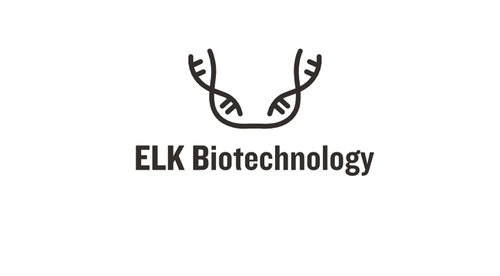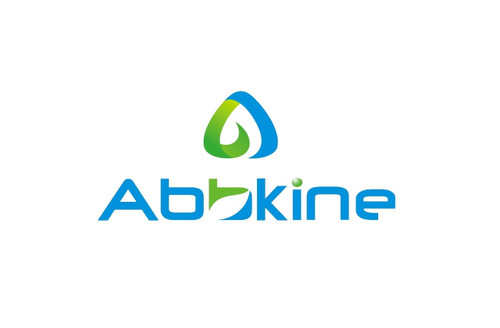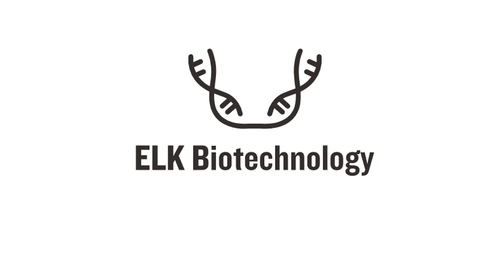Product Description
Mouse Vasohibin-1 (VASH1) ELISA Kit | AE11823MO | Abebio
Species Reactivity: Mouse (Mus musculus)
Abbreviation: VASH1
Alternative Name: KIAA1036;
Application: ELISA
Range: 0.781-50 ng/mL
Sensitivity: 0.29 ng/mL
Intra-Assay: ≤6.8%
Inter-Assay: ≤8.3%
Recovery: 1, 02
Sample Type: Serum, Plasma, Other biological fluids
Detection Method: Sandwich
Analysis Method : Quantitive
Test Principale: This assay employs a two-site sandwich ELISA to quantitate VASH1 in samples. An antibody specific for VASH1 has been pre-coated onto a microplate. Standards and samples are pipetted into the wells and anyVASH1 present is bound by the immobilized antibody. After removing any unbound substances, a biotin-conjugated antibody specific for VASH1 is added to the wells. After washing, Streptavidin conjugated Horseradish Peroxidase (HRP) is added to the wells. Following a wash to remove any unbound avidin-enzyme reagent, a substrate solution is added to the wells and color develops in proportion to the amount of VASH1 bound in the initial step. The color development is stopped and the intensity of the color is measured.
Product Overview: VASH2 deduced 355-amino acid protein shares 52.5% amino acid identity with VASH1 and 97.5% amino acid identity with mouse Vash2. VASH2 expression at embryonic weeks 6 to 12 in human heart, brain, kidney, lung, muscle, and whole embryo. RT-PCR analysis detected low levels of VASH2 expression in HUVECs and aortic endothelial cells. VASH2 expression in cell lines was not inducible by VEGF, FGF2, or PMA, all of which can induce VASH1 expression. However, in an in vivo mouse model, Vash2 was induced in embryonic brain transfected with VEGF. Immunohistochemistry showed that VASH2 and VASH1 were present in vessels from 20-week human embryonic lung.VASH2 has antiangiogenic activity. In addition, VASH2 inhibited network formation by HUVECs.
Stability: The stability of ELISA kit is determined by the loss rate of activity. The loss rate of this kit is less than 5% within the expiration date under appropriate storage condition. The loss rate was determined by accelerated thermal degradation test. Keep the kit at 37°C for 4 and 7 days, and compare O.D.values of the kit kept at 37°C with that of at recommended temperature. (referring from China Biological Products Standard, which was calculated by the Arrhenius equation. For ELISA kit, 4 days storage at 37°C can be considered as 6 months at 2 - 8°C, which means 7 days at 37°C equaling 12 months at 2 - 8°C) .
 Euro
Euro
 USD
USD
 British Pound
British Pound
 NULL
NULL












